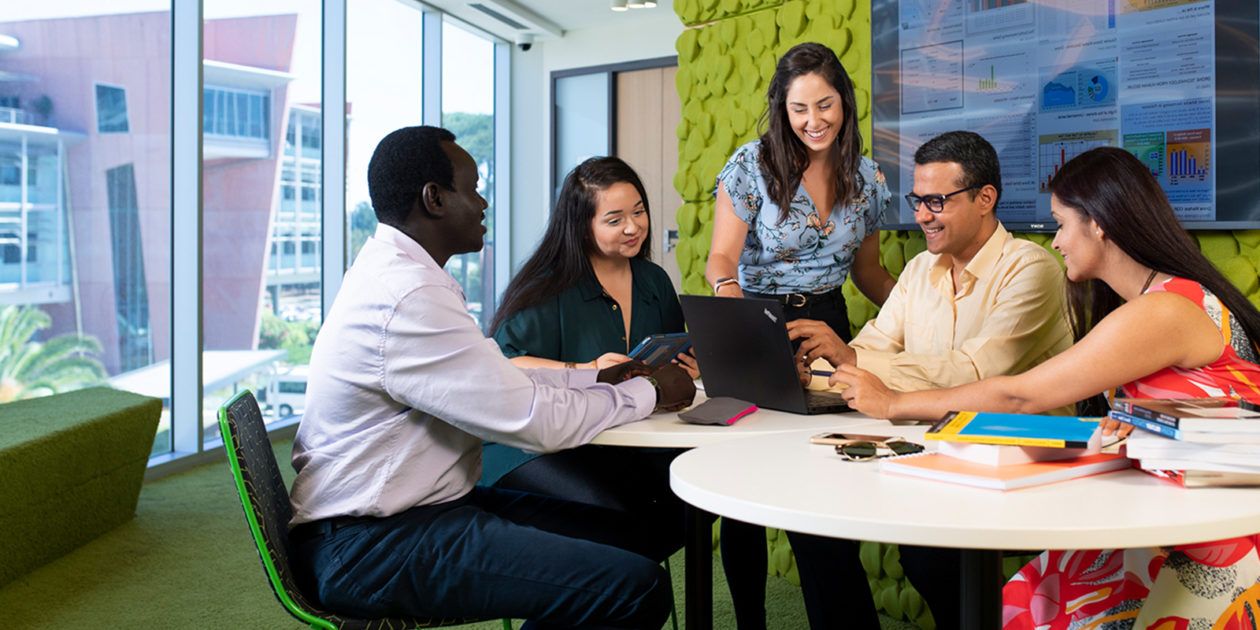Overview
Overview
As a doctoral research degree candidate, you will uncover new knowledge either by the discovery of new facts, the formulation of theories or the innovative reinterpretation of known data and established ideas. Your research will use an in-depth understanding of theories and concepts to develop practical solutions for real-world problems.
A higher degree by research differs from other postgraduate degrees in that at least two-thirds of the study program must involve research. Although some coursework units may be required, the main part of your work will be in the form of a thesis written under the guidance of a supervisor and associate supervisor(s). Your thesis must, in the opinion of the examiners, be a substantial original contribution to the knowledge or understanding of any field through the discovery of new facts, the formulation of theories or the innovative reinterpretation of known data and established ideas. It must also demonstrate your capacity to conceive, design and complete independent research.
Throughout your studies, our faculties will provide you with access to equipment and resources to support your research, and financial assistance to attend appropriate local and international conferences.
Why research at Curtin
Curtin is widely recognised for applied research firmly focused on solving real-world problems. Underpinning our research endeavours are strong partnerships with industry, business and government, which result in outcomes that greatly benefit the broader community locally, nationally and globally. Our international reputation for being a strong partner in industry-driven research ensures our graduates enjoy outstanding opportunities to become innovators in their fields.
What you'll learn
- independently plan a significant investigation into a topic of relevance to the Economics, Finance or Property disciplines; develop a conceptual rationale for the conduct of specific research and demonstrate a substantial contribution to the understanding of the field of study
- evaluate research design, methodologies, methods and findings from different perspectives; logically argue a case for a particular research approach
- independently access, interpret and synthesise research; examine and evaluate an Economic, Finance or Property related issue and identify aspects for further research
- effectively communicate research approaches and findings through both verbal and written means with consideration of the audience
- determine technology appropriate to the storage and retrieval of references; utilise technology to support data analysis and recognise advantages and limitations of a variety of different approaches
- develop strategies of independent research; develop a research time line, conduct an inquiry into an area of intellectual significance; develop independent and life-long research skills
- consider the context of international literature and methodologies for the research topic selected; develop internationally appropriate implications of the research conducted
- appreciate ethical strategies for the conduct of research which reflect a respect for individual rights and cultural understandings
- conduct ethical research; work independently to manage a significant research project; work constructively with supervisors
